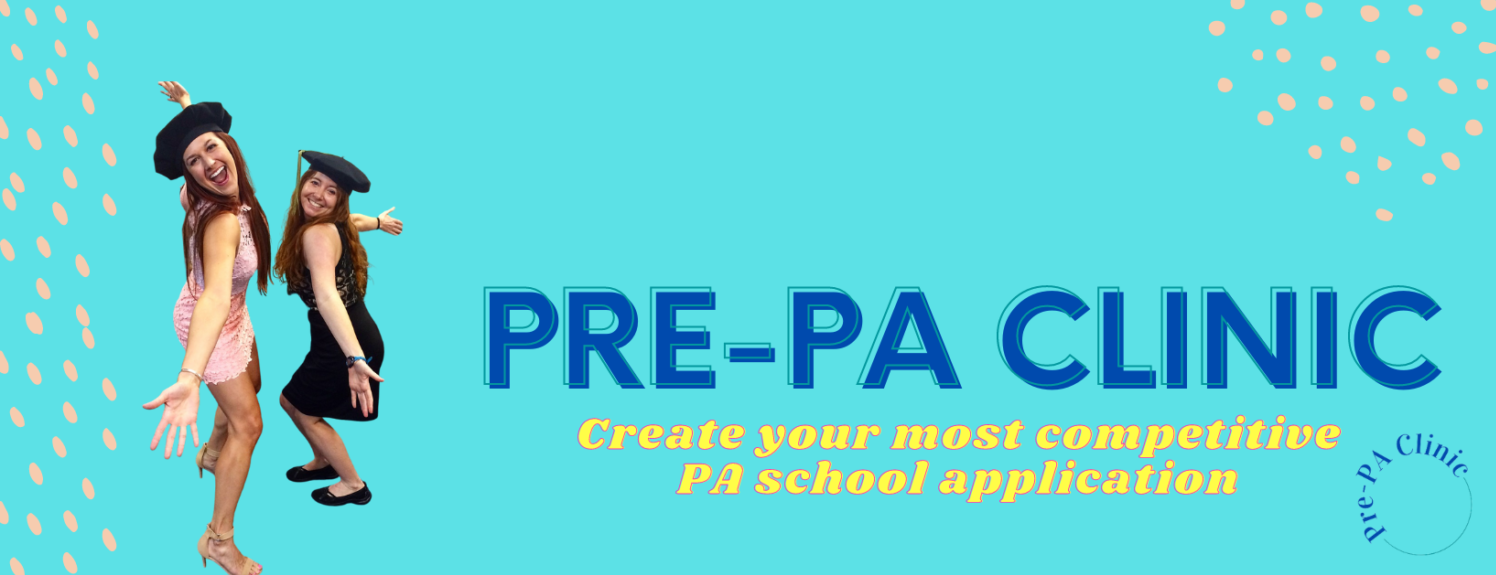
You’ve nailed your CASPA application, and now you’ve landed that all-important PA school interview. Congratulations! But, what’s next? Facing the interview can be nerve-wracking, but don’t sweat it. I’m here to help you prepare for the 5 most common PA school interview questions and how to answer them with confidence.
1. “Why do you want to be a PA?”
This is probably the most predictable question you’ll get, but it’s also one of the most crucial. Admissions committees want to see your passion and understanding of the PA role.
How to Answer:
Share your personal story and experiences that led you to this decision. Be genuine and specific about what attracted you to the PA profession.
Example Answer:
“I’ve always been passionate about healthcare, but it wasn’t until I volunteered at a free clinic that I realized the impact a PA can have on patient care. Watching PAs work closely with doctors and patients, providing both medical and emotional support, inspired me. I love the idea of having the flexibility to work in different specialties and being able to spend more time with my patients. It’s this blend of autonomy and teamwork that truly excites me about the PA profession.”
2. “Tell me about yourself.”
This open-ended question is your chance to highlight your journey and what makes you unique.
How to Answer:
Keep it professional but let your personality shine. Focus on your academic background, healthcare experiences, and personal qualities that make you a great fit for the PA role.
Example Answer:
“I’m originally from a small town where access to healthcare was limited, which sparked my interest in the medical field. I pursued a degree in Biology and have spent the last two years working as a medical assistant in a busy urban clinic. Outside of work, I’m passionate about volunteering at local shelters and coaching youth soccer. These experiences have taught me the value of empathy, teamwork, and resilience, all qualities I believe are essential for a successful PA.”
3. “What is your biggest weakness?”
Ah, the classic “weakness” question. It’s tricky, but with the right approach, you can turn it into a positive.
How to Answer:
Be honest but strategic. Choose a real weakness, but also explain how you’re working to improve it.
Example Answer:
“One of my biggest weaknesses is that I sometimes struggle with delegating tasks because I like to ensure everything is done correctly. However, I’ve been actively working on this by learning to trust my team more and practicing clear communication. For instance, at my current job, I’ve started creating checklists and conducting briefings to ensure everyone is on the same page, which has significantly improved our workflow.”
4. “Describe a time when you faced a difficult situation and how you handled it.”
This question assesses your problem-solving skills and how you perform under pressure.
How to Answer:
Use the STAR method (Situation, Task, Action, Result) to structure your answer. Focus on a healthcare-related example if possible.
Example Answer:
“While working as a medical assistant, we once had a patient who became very agitated due to a long wait time. The situation was escalating quickly. I took the patient aside to a quiet area, listened to their concerns, and apologized for the delay. I communicated with the clinical team to expedite their visit. By staying calm and empathetic, I was able to de-escalate the situation and ensure the patient received the care they needed without further incident.”
5. “Why should we choose you over other candidates?”
This is your chance to shine and show what sets you apart.
How to Answer:
Highlight your unique experiences, skills, and qualities that make you the ideal candidate.
Example Answer:
“I believe my diverse background and hands-on experience make me a strong candidate. Not only do I have a solid academic foundation, but my work as a medical assistant has given me practical skills in patient care, teamwork, and problem-solving. Additionally, my volunteer work and leadership roles have honed my ability to communicate effectively and work under pressure. I’m dedicated, compassionate, and eager to contribute to the PA profession, and I’m confident that my experiences have prepared me to excel in your program.”
And there you have it! Practice these answers, stay true to yourself, and walk into your interview with confidence. Remember, the interview is not just about what you say, but also about how you say it. Good luck, future PAs—you’ve got this!

